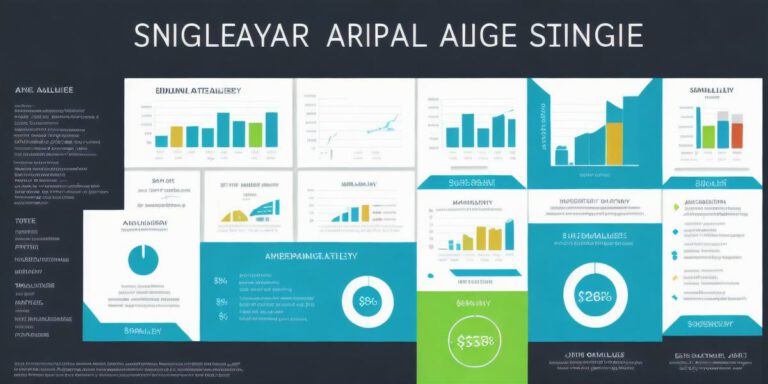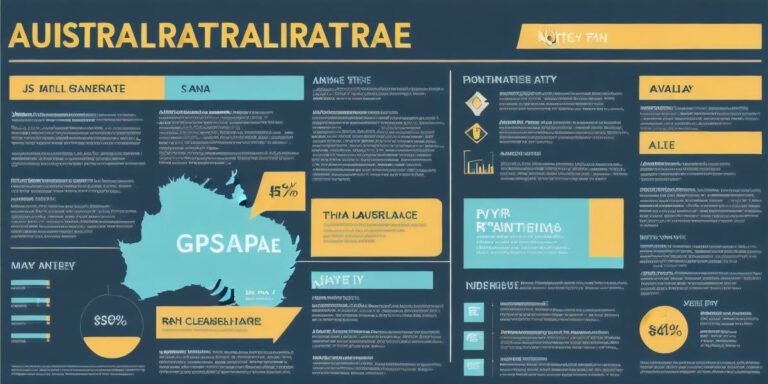Firefighters are often hailed as heroes, but their work is also dangerous and demanding. As such, it’s no surprise that they earn well for the risks they take every day. However, understanding firefighter salaries can be a bit complex. In this article, we will provide an overview of what goes into a firefighter’s salary, including factors like education, experience, and location.
Education and Experience
Firefighters typically start their careers by attending a fire academy, where they learn the basic skills needed to perform their jobs. After completing their training, they may work as probationary or entry-level firefighters for a few years before being promoted to senior positions. The more education and experience a firefighter has, the higher their salary tends to be. For example, a fire captain with a bachelor’s degree and 20 years of experience may earn significantly more than a junior firefighter with only a high school diploma and less than five years of experience.
Location
The location where a firefighter works can also impact their salary. In larger, urban areas like New York City or Los Angeles, salaries tend to be higher due to the cost of living and the greater demand for firefighters. In smaller towns or rural areas, salaries may be lower due to lower population density and fewer fires. For example, a firefighter in San Francisco may earn a salary of around $125,000 per year, while a firefighter in a small town in Wyoming may earn only $40,000.
Salary Structure
Firefighters’ salaries are typically structured as hourly wages, with overtime pay available for longer or more dangerous shifts. The exact salary structure can vary depending on the city or state, but most firefighters start out at a base rate and receive raises based on their years of service and performance reviews. For example, in California, a firefighter may start out at a base rate of $42 per hour and earn up to an additional $10 per hour for overtime.
Benefits and Pensions
In addition to their salaries, firefighters also receive a range of benefits and pensions. These can include health insurance, retirement plans, paid time off, and more. Firefighters may also be eligible for special disability benefits if they are injured on the job. For example, in New York City, firefighters receive a pension of up to 75% of their salary after 20 years of service.
Real-Life Examples
The salary and benefits that a firefighter receives can vary widely depending on their specific circumstances. For example, a firefighter who is part of a paid on-call system may earn significantly less than a full-time career firefighter. Similarly, a firefighter who works in a large city may earn more than one who works in a small town, even if they have similar levels of education and experience. It’s important to consider these factors when evaluating the salary and benefits that a firefighter receives.
FAQs
Q: How long does it take for a firefighter to earn a promotion?
A: The time it takes for a firefighter to earn a promotion can vary depending on their city or state, but typically takes around 10-20 years of experience and education.
Q: What are the benefits of being a firefighter?
A: In addition to their salaries, firefighters also receive a range of benefits and pensions, including health insurance, retirement plans, paid time off, and more.







+ There are no comments
Add yours